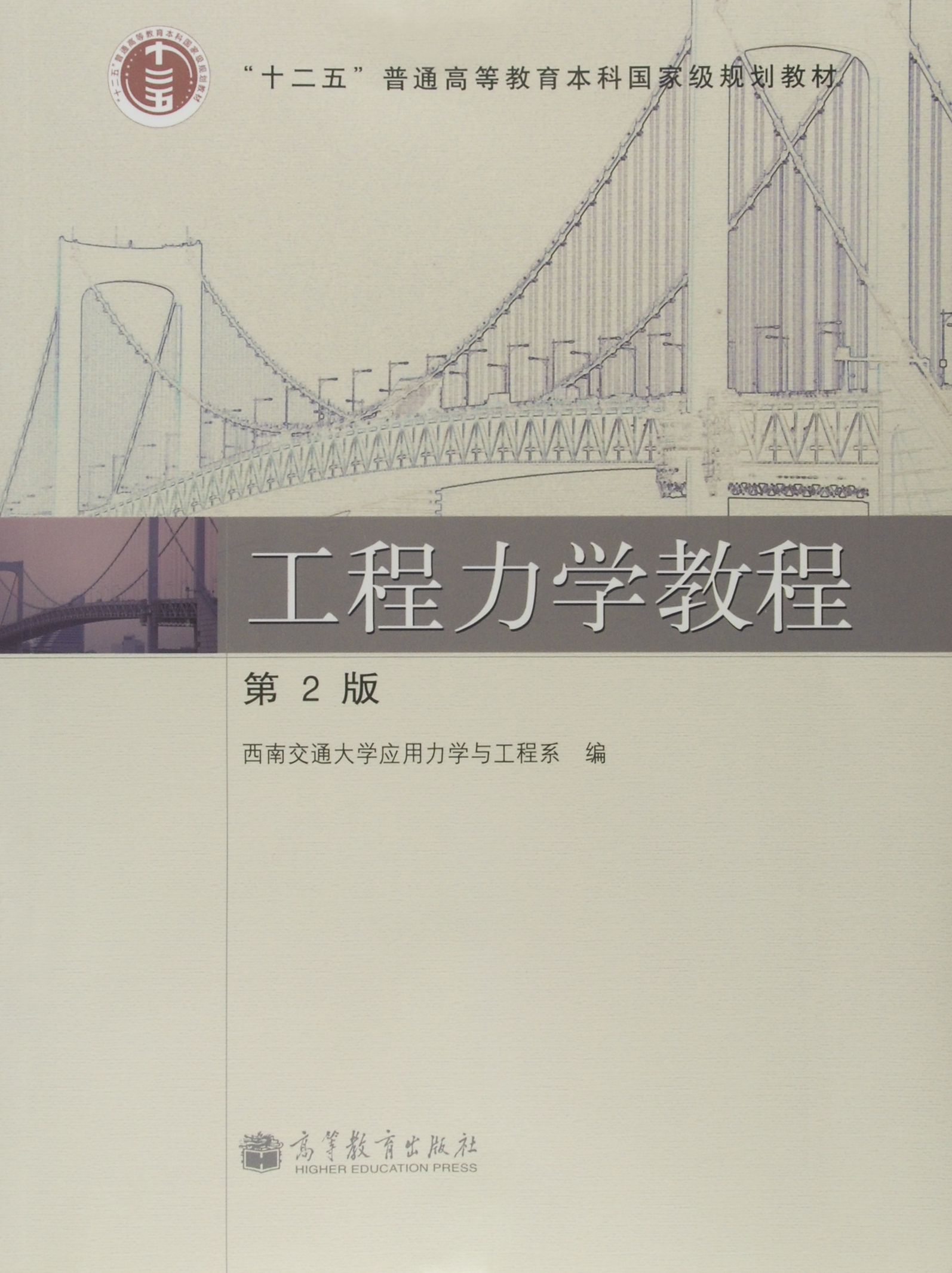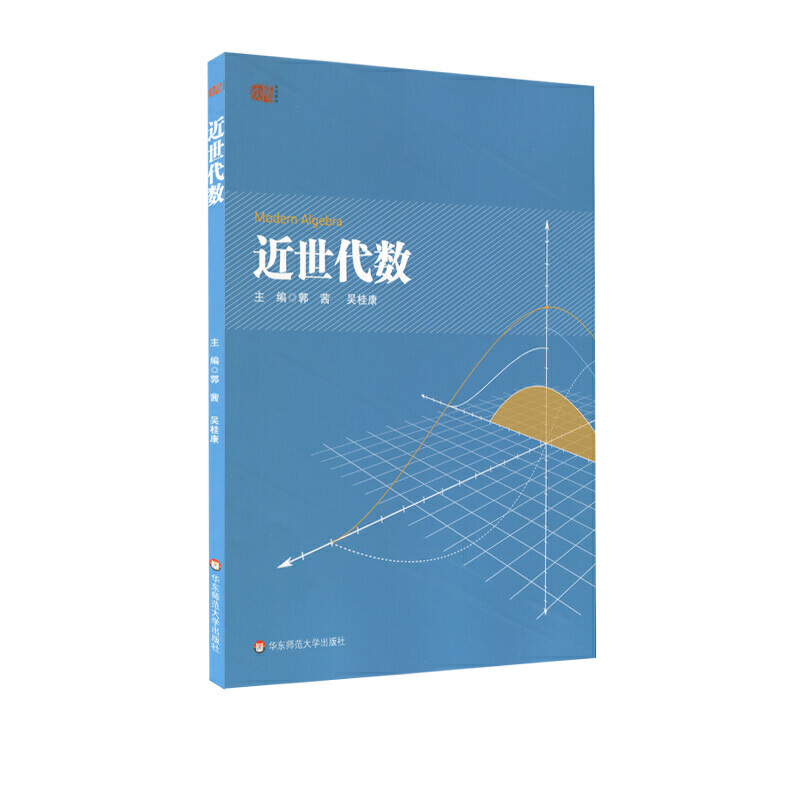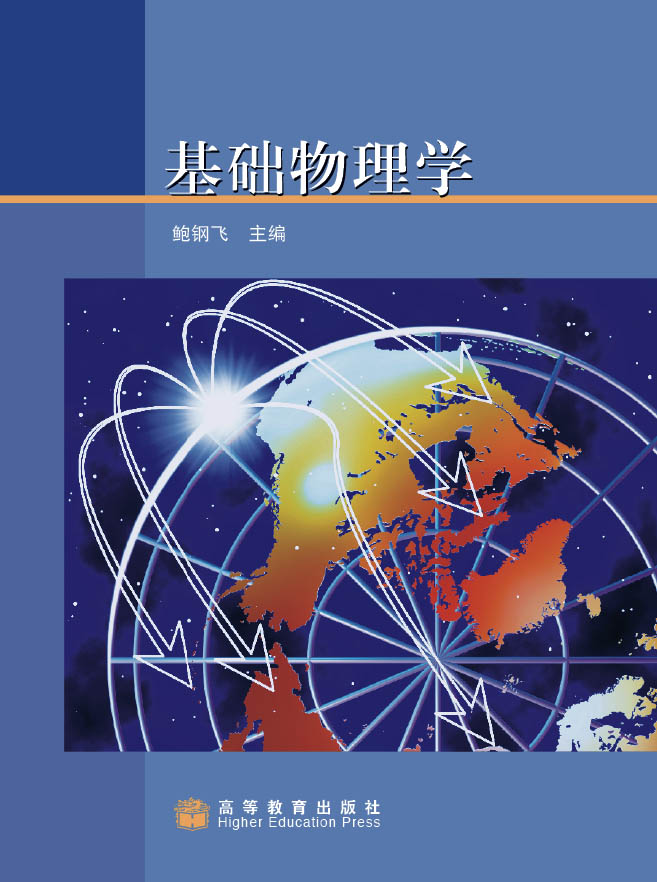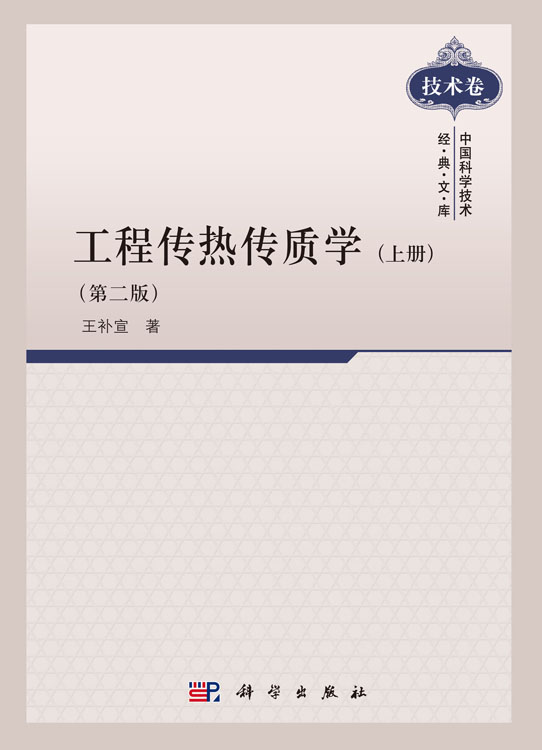工程力学教程(第2版)
作者: 西南交通大学应用力学与工程系
出版时间:2009-01-15
出版社:高等教育出版社
- 高等教育出版社
- 9787040249224
- 2
- 154983
- 0045154299-7
- 平装
- 16开
- 2009-01-15
- 520
- 434
- 工学
- 力学
本书是普通高等教育“十一五”国家级规划教材。第1版于2004年出版,是教育科学“十五”国家规划课题研究成果。本教材按高等学校工科本科工程力学课程中、少学时(48~96学时)的要求编写,涵盖了理论力学和材料力学的主要内容。本次修订内容包括:静力学中增加了空间力系及摩擦两章,原书第6章“内力和内力图”分别放在后面相关章节中叙述,对需要重点掌握的概念加了着重符号,以利于学生学习或教师使用。
全书共18章,包括静力学基础、平面汇交力系、力矩与平面力偶系、平面任意力系、摩擦、空间力系和重心、拉伸和压缩、扭转、弯曲、应力状态分析和强度理论、压杆的稳定性、点的运动、刚体的基本运动、点的复合运动、刚体的平面运动、质点的运动微分方程、动力学普遍定理、动静法。本书在叙述某些概念和方法的同时,给出了相关的思考题,可供课堂讨论之用。本书具有很强的教学适用性,有助于培养工程应用型人才。
本书可作为高等学校工科本科非机类及相关专业中、少学时工程力学课程的教材,也可供高职高专与成人高校师生、网络教育及有关工程技术人员参考。
本书配有电子教案。
第1章 静力学基础
§1-1 静力学的基本概念
§1-2 静力学公理
§1-3 约束和约束力
§1-4 物体受力分析和受力图
习题
第2章 平面汇交力系
§2-1 平面汇交力系合成与平衡的几何法
§2-2 平面汇交力系合成与平衡的解析法
习题
第3章 力矩与平面力偶系
§3-1 关于力矩的概念及其计算
§3-2 关于力偶的概念
§3-3 平面力偶系的合成与平衡
习题
第4章 平面任意力系
§4-1 力线平移定理
§4-2 平面任意力系向一点简化
§4-3 分布荷载
§4-4 平面任意力系的平衡
§4-5 平面平行力系的平衡
§4-6 物体系的平衡问题·静定与超静定的概念
§4-7 平面静定桁架的内力分析
习题
第5章 摩擦
§5-1 滑动摩擦
§5-2 考虑摩擦时的物体平衡问题
§5-3 滚动摩阻的概念
习题
第6章 空间力系和重心
§6-1 空间汇交力系的合成与平衡
§6-2 力对点之矩与力对轴之矩
§6-3 空间力偶系的合成与平衡
§6-4 空间任意力系的简化·主矢与主矩
§6-5 空间任意力系的平衡
§6-6 重心和形心的坐标公式
§6-7 确定重心和形心位置的具体方法
习题
第7章 拉伸和压缩
§7-1 轴力及轴力图
§7-2 横截面上的应力
§7-3 拉压杆的强度计算
§7-4 斜截面上的应力
§7-5 拉(压)杆的变形与位移
§7-6 拉(压)杆内的应变能
§7-7 低碳钢和铸铁受拉伸和压缩时的力学性能
§7-8 简单的拉、压超静定问题
§7-9 拉(压)杆接头的计算
习题
第8章 扭转
§8-1 扭矩和扭矩图
§8-2 薄壁圆筒扭转时的应力和变形
§8-3 圆杆扭转时的应力和变形
§8-4 受扭圆杆的强度条件及刚度条件
§8-5 等圆截面直杆在扭转时的应变能
§8-6 矩形截面杆的扭转
习题
第9章 弯曲
§9-1 剪力和弯矩·剪力图和弯矩图
§9-2 剪力图和弯矩图的进一步研究
§9-3 弯曲正应力
§9-4 惯性矩的平行移轴公式
§9-5 弯曲切应力
§9-6 梁的强度条件
§9-7 挠度和转角
§9-8 斜弯曲
§9-9 弯曲应变能
§9-10 超静定梁
习题
第10章 应力状态分析和强度理论
§10-1 概述
§10-2 平面应力状态分析
§10-3 平面应力状态下的胡克定律
§10-4 三向应力状态
§10-5 强度理论及其应用
习题
第11章 压杆的稳定性
§11-1 关于稳定性的概念
§11-2 细长中心压杆的临界荷载
§11-3 欧拉公式的适用范围·临界应力总图
§11-4 压杆的稳定条件和稳定性校核
习题
第12章 点的运动
§12-1 运动学的基本内容·参考系
§12-2 点的运动的矢量表示法
§12-3 点的运动的直角坐标表示法
§12-4 点的运动的自然表示法(弧坐标表示法)
习题
第13章 刚体的基本运动
§13-1 刚体的移动
§13-2 刚体的定轴转动
§13-3 转动刚体上点的速度和加速度
习题
第14章 点的复合运动
§14-1 绝对运动、相对运动和牵连运动
§14-2 点的速度合成定理
§14-3 牵连运动为移动时点的加速度合成定理
习题
第15章 刚体的平面运动
§15-1 刚体平面运动分解为移动和转动
§15-2 平面图形上点的速度·速度瞬心
§15-3 平面图形上点的加速度
习题
第16章 质点的运动微分方程
§16-1 动力学的基本定律
§16-2 质点的运动微分方程
习题
第17章 动力学普遍定理
§17-1 动量定理
§17-2 动量矩定理
§17-3 动能定理
§17-4 动力学普遍定理的综合应用
习题
第18章 动静法
§18-1 关于惯性力的概念
§18-2 质点的动静法
§18-3 质点系的动静法
§18-4 刚体惯性力系的简化
习题
附录Ⅰ 型钢表
附录Ⅱ 简单荷载作用下梁的挠度和转角
参考文献
习题答案
索引
Synopsis
执笔者简介
Chapter 1 Basis of Statics
§1-1 Basic Concepts in Statics
§1-2 Axioms in Statics
§1-3 Constraints and Constraining Forces
§1-4 Force analysis of Body and Free-body Diagram
Exercises
Chapter 2 Planar Concurrent Force System
§2-1 Resultant and Equilibrium Condition of Planar Concurrent Force Systems: GeometricalMethod
§2-2 Resultant and Equilibrium Condition of Planar Concurrent Force Systems: Analytical ethod
Exercises
Chapter 3 Moment and Plane Couples
§3-1 Concept and Calculation of the Moment
§3-2 Concept of the Couple
§3-3 Resultant and Equilibrium Condition of Planar Couple System
Exercises
Chapter 4 General Planar Force System
§4-1 Theorem of Translation of the Force
§4-2 Reduction of Planar Force System to a Given Co-planar Point
§4-3 Distributed Load
§4-4 Equilibrium Condition of the General Planar Force System
§4-5 Equilibrium Condition of the Parallel Forces
§4-6 Equilibrium of Body System·Concept of Statically Determinate and Inderterminate Problem
§4-7 Internal forces in Members of Statically Determinate Planar Trusses
Exercises
Chapter 5 Friction
§5-1 Sliding Friction
§5-2 Equilibrium Problem of The Body with Friction
§5-3 Concept of Rolling Resistance
Exercises
Chapter 6 Spatial Force System and Center of Gravity
§6-1 Resultant and Equilibrium Condition of Spatial Concurrent Force
§6-2 Moment of Force about a Point and about an Axis
§6-3 Resultant and Equilibrium Condition of Spatial Couple
§6-4 Reduction of Spatial Force System to a Given Point·Principal Vector and Principal Moment
§6-5 Epuilibrium Condition of the General Spatial Force System
§6-6 Formula for Coordinate of Centre of Gravity and Centroid of an Area
§6-7 Method to Find Centre of Gravity and Centroid of an Area
Exercises
Chapter 7 Tension and Compression
§7-1 Axial Force and Its Diagram
§7-2 Stress on Cross Section
§7-3 Calculation about Strength of Axially Loaded Bars
§7-4 Stresses on Inclined Sections
§7-5 Deformation and Displacement of Axially Loaded Bars
§7-6 Strain Energy in Axially Loaded Bars
§7-7 Mechanical Behaviour of Structural Steel and Cast Iron under Tension and Compression
§7-8 Simple Statically Indeterminate Problems of Axially Loaded Bars
§7-9 Analysis of Connections in Axially Loaded Bars
Exercises
Chapter 8 Torsion
§8-1 Twisting Moment and Its Diagram
§8-2 Stresses and Deformation of Thin-walled Tube under Torsion
§8-3 Stresses and Deformation of Circular Bar under Torsion
§8-4 Strength Condition and Stiffness Condition of Circular Bar under Torsion
§8-5 Strain Energy in Circular Bar with Constant Cross-section under Torsion
§8-6 Torsion of Rectangular Bar
Exercises
Chapter 9 Bending
§9-1 Shear Force and Bending Moment·Their Diagrams
§9-2 Further Investigation in Shearing Force and Bending Moment Diagrams
§9-3 Normal Stresses under Bending
§9-4 Parallel Axis Theorem for Moment of Inertia
§9-5 Shearing Stresses under Bending
§9-6 Strength Conditions of Beam
§9-7 Deflection and Slope
§9-8 Oblique Bending
§9-9 Strain Energy due to Bending
§9-10 Statically Indeterminate Beam
Exercises
Chapter 10 Analysis of Stress·Theory of Strength
§10-1 Introduction
§10-2 Analysis of Plane Stress
§10-3 Hook摧s Law for Plane Stress
§10-4 Triaxial Stress
§10-5 Theories of Strength and Their Application
Exercises
Chapter 11 Stability of Column
§11-1 Concepts of Stability of Column
§11-2 Critical Load for Long Column
§11-3 Scope of Application for Euler摧s Formula·Critical Stress Diagram
§11-4 Stability Condition and Verification of Stability for Columns
Exercises
Chapter 12 Kinematics of a Particle
§12-1 Elementary Content of Kinematics·Reference Coordinates
§12-2 The Vector Method in Kinematics of a Particle
§12-3 The Rectangular Coordinating Method in Kinematics of a Particle
§12-4 The Natural Coordinating Method in Kinematics of a Particle
Exercises
Chapter 13 Simple Motion of Rigid Bodies
§13-1 Translation of a Rigid Body
§13-2 Rotation of a Rigid Body about a Fixed-axis
§13-3 Velocity and Acceleration of the Points of a Rotating Rigid Body
Exercises
Chapter 14 Composite Motion of a Particle
§14-1 Absolute Motion·Relative Motion·Convected Motion
§14-2 Theorem of Composition of the Velocities of a Particle
§14-3 Theorem of Composition of the Accelerations of a Particle during the Convected Motion is Translation
Exercises
Chapter 15 Plane Motion of a Rigid Body
§15-1 Decomposition of the Plane Motion of a Rigid Body
§15-2 Velocity of the Points on a Plane Figure·Instantaneous Center of Velocity
§15-3 Acceleration of the Points on a Plane Figure
Exercises
Chapter 16 Differential Equations of Motion of a Particle
§16-1 Fundamental Laws of Dynamics
§16-2 Differential Equations of Motion of a Particle
Exercises
Chapter 17 General Theorems of Dynamics
§17-1 Theorem of Linear Momentum
§17-2 Theorem of Angular Momentum
§17-3 Theorem of Kinetic Energy
§17-4 Integrated Application of General Theorems of Dynamics
Exercises
Chapter 18 Kineto-Static Method
§18-1 Concepts of Inertia Force
§18-2 Kineto-Static Method for a Particle
§18-3 Kineto-Static Method for a Particle System
§18-4 Reduction of Inertia Force System of a Rigid Body
Exercises
Appendix Ⅰ Properties of Rolled-Steel Shapes
Appendix Ⅱ Beam Deflection and Slope by Simple Load
References
Key to Exercises
Index
Synopses
Contents
A Brief Introduction to the Writer










